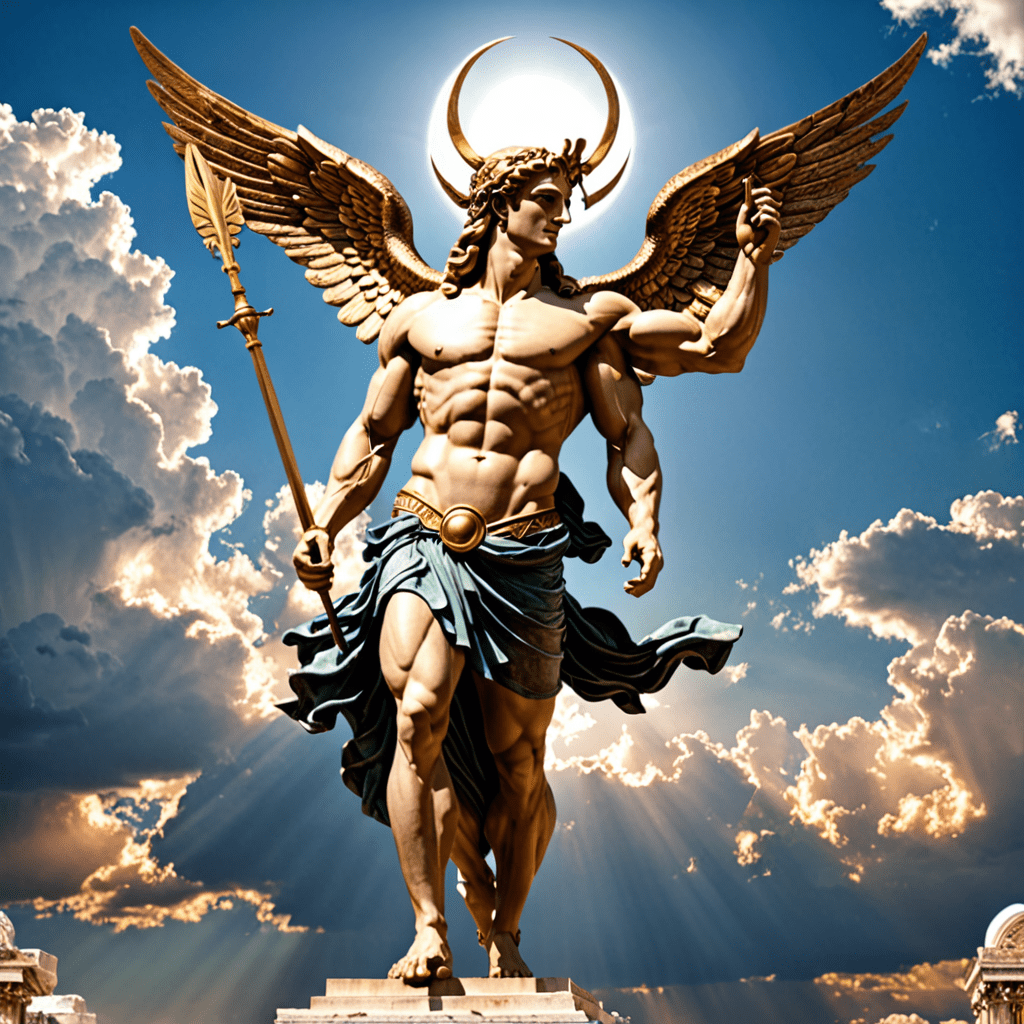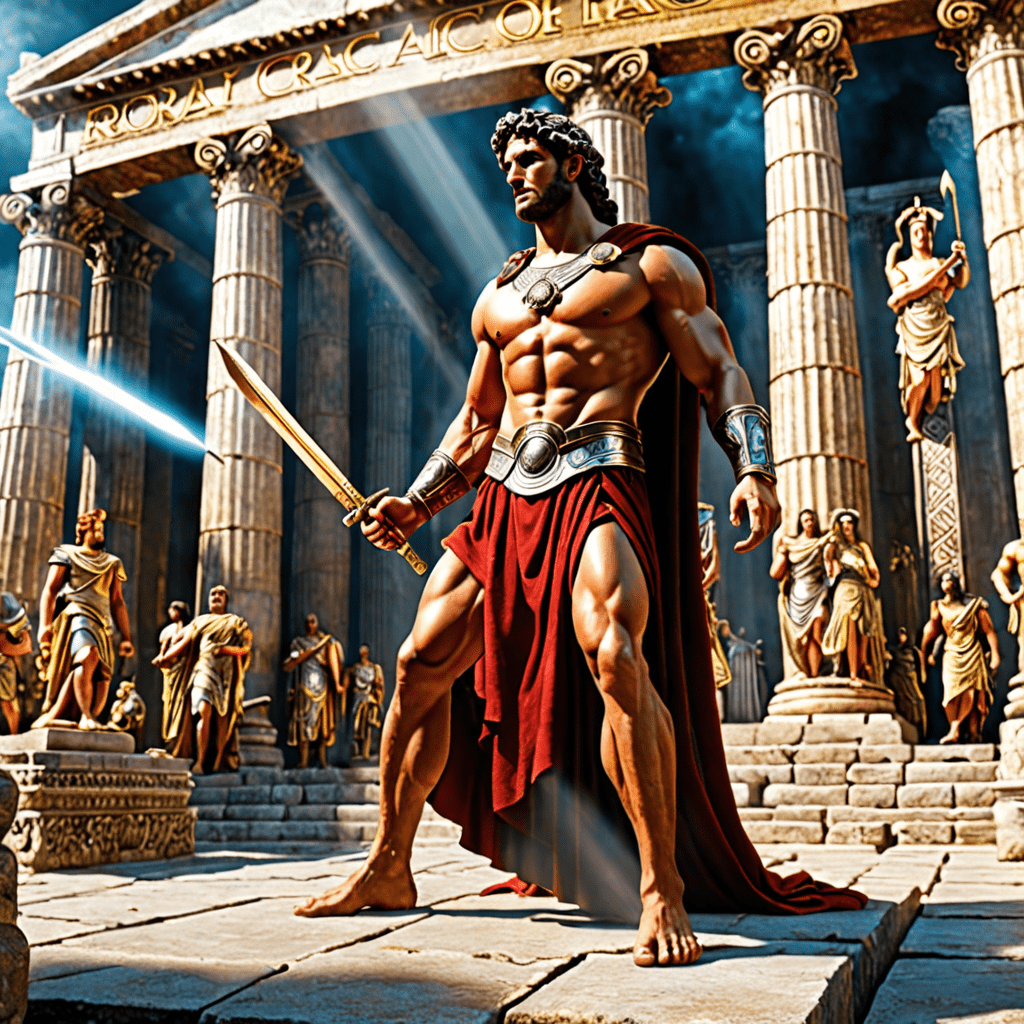The Symbolism of the Sky in Greek Mythology
In Greek mythology, the sky holds significant symbolism, often reflecting deeper meanings that narrate overarching themes and concepts prevalent in the mythical tales of ancient Greece. Let’s delve into the symbolism attached to the sky in Greek mythology.
Origin Stories from the Sky
According to Greek mythology, the sky (or heaven) was personified as Ouranos, the first ruler of the universe. Ouranos was considered the embodiment of the sky itself, representing the overarching canopy that enveloped the earth and everything within it. This characterization established the sky as a primordial force, symbolizing authority, dominion, and the divine.
The Sky Gods and Goddesses
The ancient Greeks attributed various deities to different elements of the sky. Among the most prominent was Zeus, the god of the sky and thunder, who ruled as the king of the Olympian gods. Zeus symbolized power, justice, and the forces of nature, emphasizing the significance of the sky as a domain of supremacy and order. Other sky-related deities included Hera, goddess of marriage and queen of the gods, and Hermes, the messenger of the gods and guide of souls to the underworld.
The Symbolism of the Sky in Mythical Narratives
Throughout Greek mythology, the sky often served as a backdrop for pivotal events and stories, mirroring the celestial realm’s influence on mortal affairs. The shifting skies and celestial phenomena were used symbolically to signify divine intervention, prophecy, and the eternal struggle between chaos and order. The sky acted as a canvas upon which the stories of gods, heroes, and monsters unfolded, imbuing the narrative with a sense of grandeur and transcendence.
Conclusion
The symbolism of the sky in Greek mythology transcends its literal interpretation, offering profound insights into the spiritual, cosmic, and metaphysical dimensions of the ancient Greeks’ worldview. By exploring the celestial realm through myth and legend, we gain a deeper understanding of the forces that shaped the beliefs, values, and aspirations of a civilization rooted in storytelling and symbolism.
FAQ: The Symbolism of the Sky in Greek Mythology
What does the sky represent in Greek mythology?
The sky, known as Ouranos or Uranus, in Greek mythology symbolizes the heavens, the realm of the gods. It represents power, divinity, and eternity in the ancient Greek belief system.
Which Greek god is associated with the sky?
The primary Greek god associated with the sky is Uranus, the personification of the sky itself. Uranus is considered the father of the Titans and the grandfather of the Olympian gods.
How is the sky depicted in Greek mythology?
The sky in Greek mythology is often portrayed as a vast and eternal expanse above the Earth, where the gods reside. It is seen as a symbol of authority, supremacy, and the divine order of the universe.
What role does the sky play in the stories of Greek gods and goddesses?
The sky plays a significant role in Greek myths as the domain of the gods, where they govern and exert their influence over the mortal world. It serves as a backdrop for various divine events and interactions among the deities.
Is there a connection between the sky and specific Greek deities?
Yes, apart from Uranus, other gods such as Zeus, the king of the gods, and Hera, the queen of the gods, are


